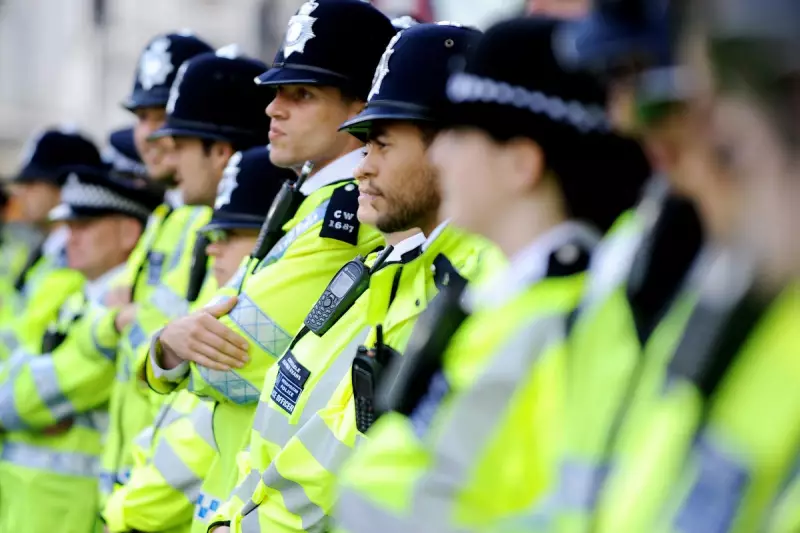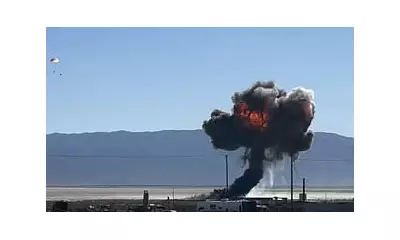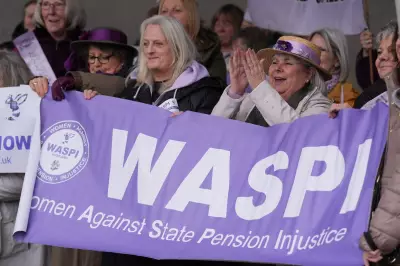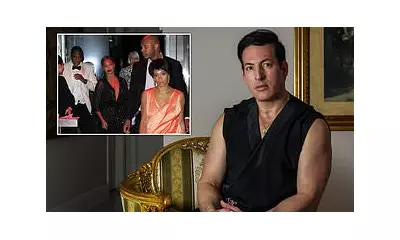
The Metropolitan Police Service is facing intense scrutiny after video footage emerged showing officers removing anti-UKIP protesters from a demonstration in central London, sparking allegations of political bias and heavy-handed policing.
Controversial Intervention Caught on Camera
Dramatic scenes unfolded near the Houses of Parliament as Metropolitan Police officers were captured on film physically escorting demonstrators away from a UKIP event. The protest, organised by the Muslim community and advocacy group Mend, was targeting a UKIP press conference addressing the ongoing conflict in Gaza.
Eyewitness accounts and viral social media footage show officers telling protesters they were being removed for being "too loud" and potentially causing "harassment, alarm, or distress" to UKIP attendees - a justification that has drawn widespread criticism from civil liberties organisations.
Police Defence Meets Public Outcry
Scotland Yard has defended its actions, stating officers were attempting to "balance the rights of everyone present" and prevent a breach of the peace. A police spokesperson explained they facilitated the UKIP event while allowing protesters to demonstrate at a distance.
However, this explanation has failed to satisfy critics. A spokesperson for Mend expressed deep concern, stating: "The police's primary duty is to protect the public, not to silence legitimate protest because it might offend political sensibilities."
Broader Implications for Protest Rights
The incident raises fundamental questions about:
- Police impartiality in handling political demonstrations
- The boundaries of legitimate protest in democratic societies
- Potential chilling effects on freedom of expression
- Equal treatment of different political groups by law enforcement
Community leaders and human rights advocates are calling for a thorough review of the Metropolitan Police's handling of the situation, with some demanding greater transparency about the operational decisions made during politically charged events.
As investigations continue, this incident has ignited a crucial conversation about the delicate balance between maintaining public order and protecting fundamental democratic rights in modern Britain.





